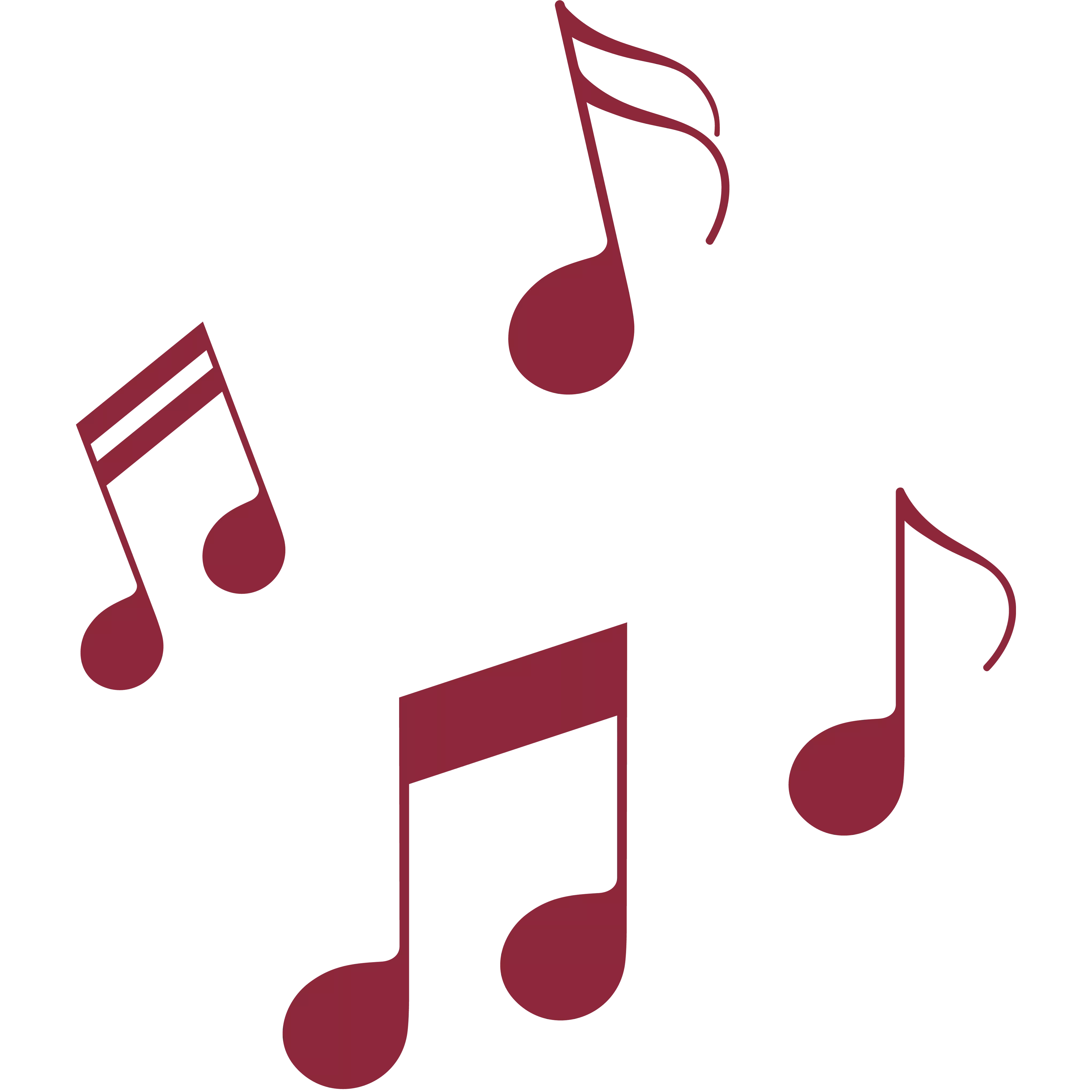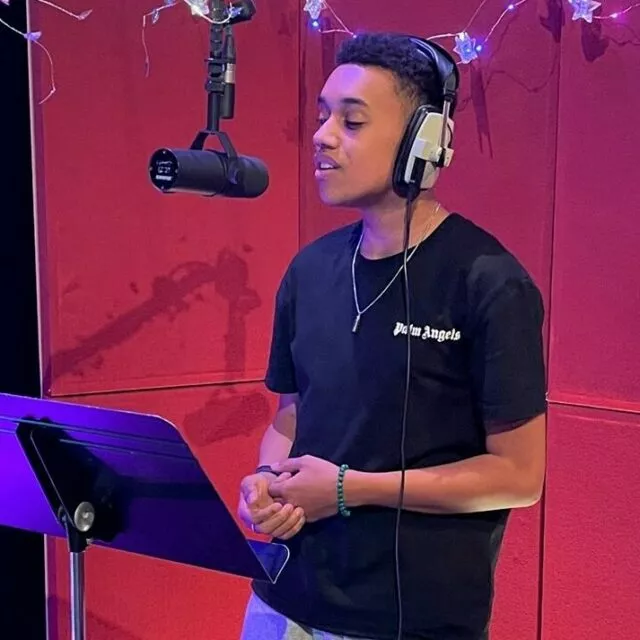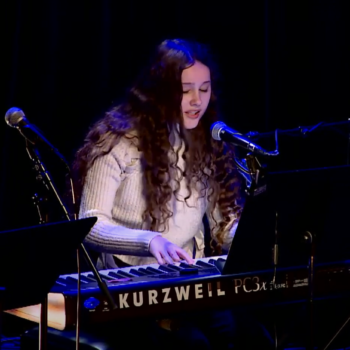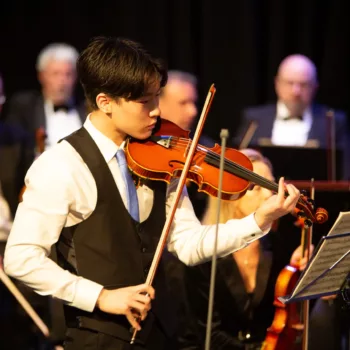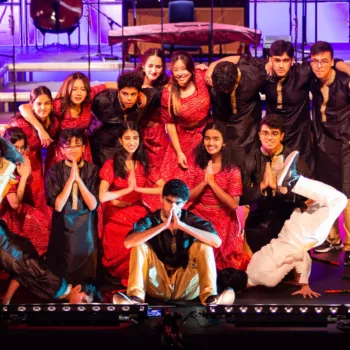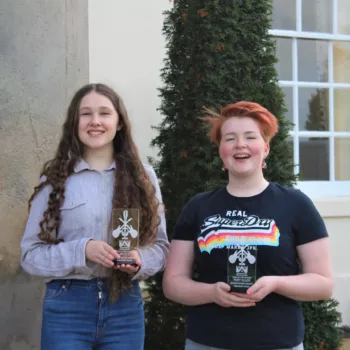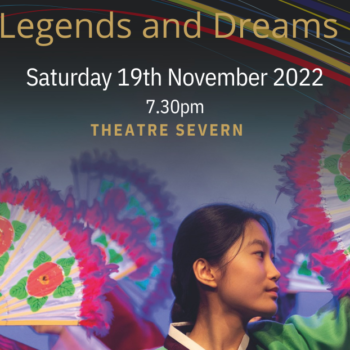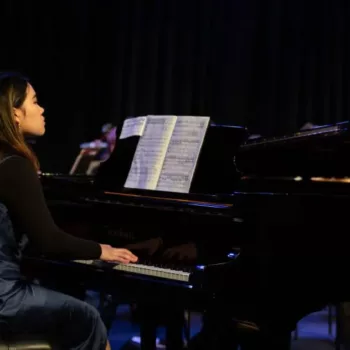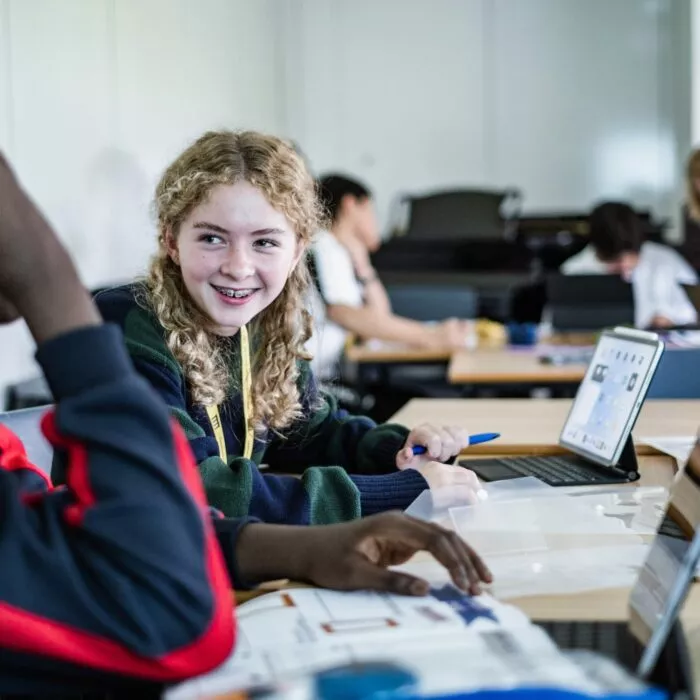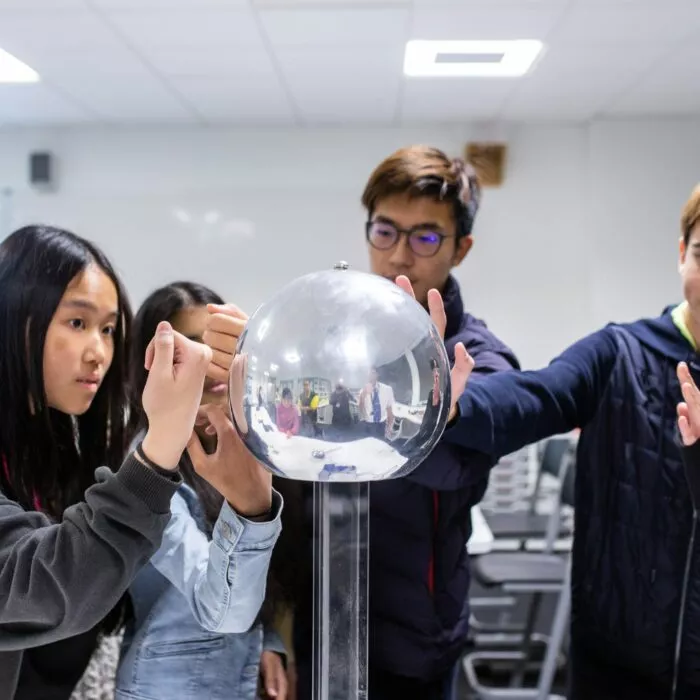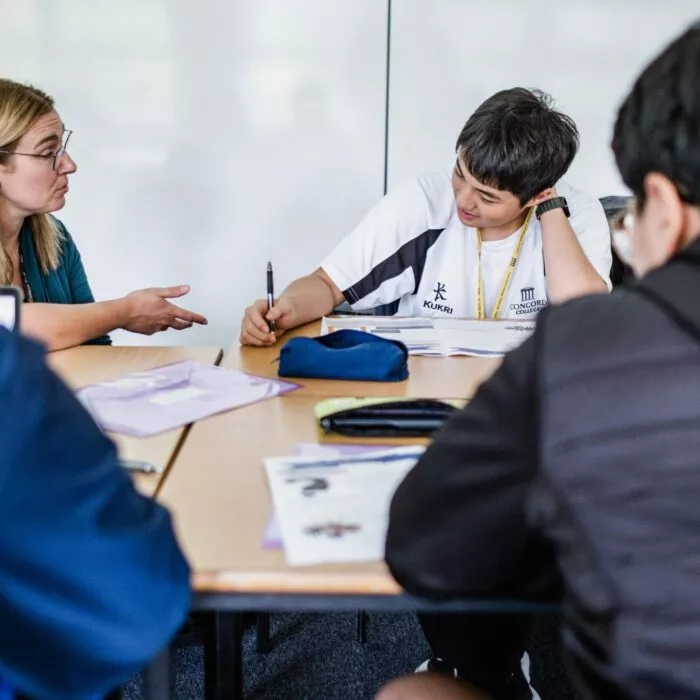Music
“Music is a world within itself, with a language we all understand.”
—Stevie Wonder
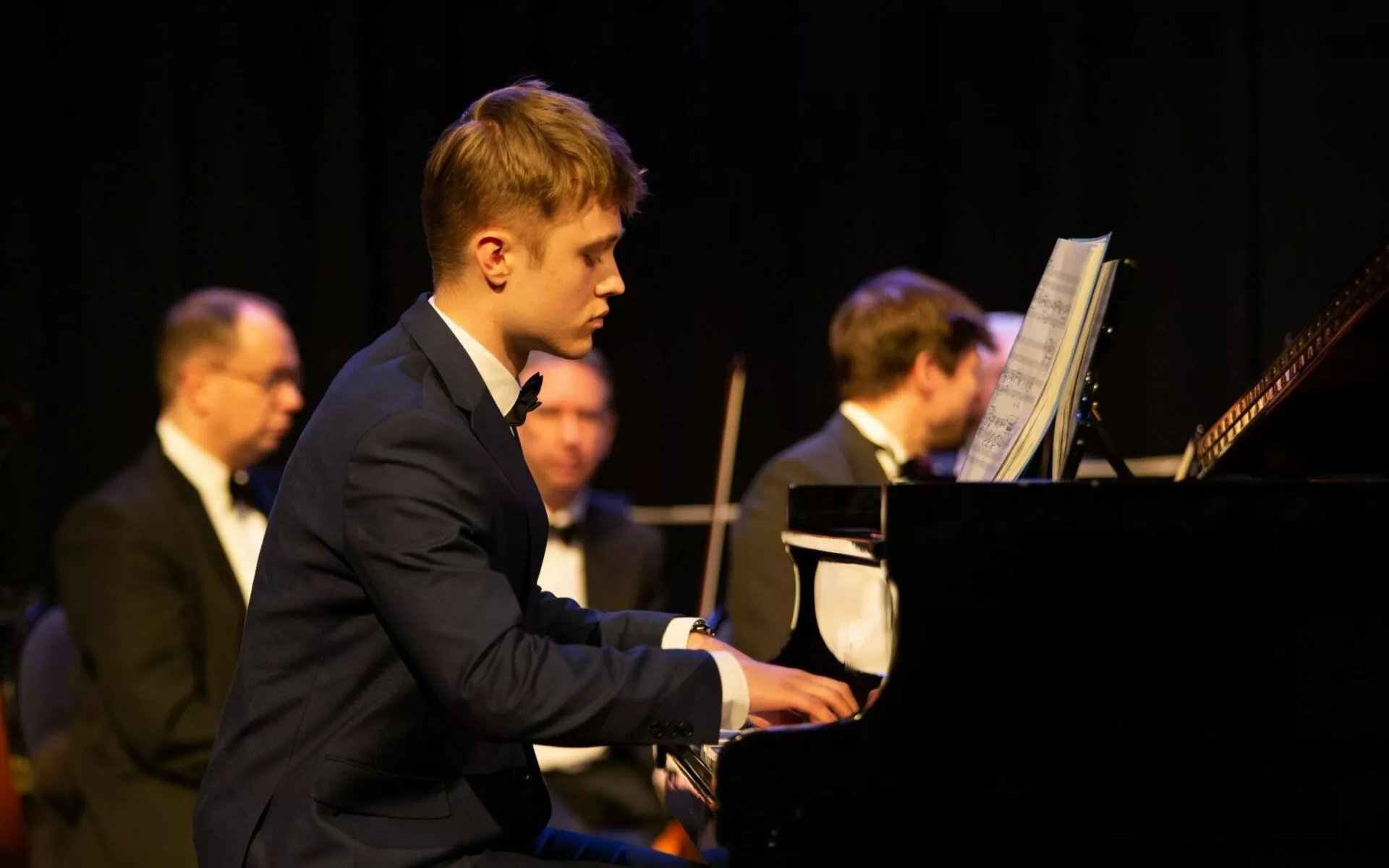
Music is a powerful form of communication. It is a language common to all cultures and societies. The way we develop such a language can be explored through the mediums of performance, composition, production, improvisation, analysis- seemingly endless possibilities.
The international status of Concord College brings with it a wealth of musical tradition from all over the world. Our Music department provides a space for all students who want to share their musical talents and cultural heritage.
In learning about Music, we learn more about ourselves; emotions, intentions and meanings can be shared and understood. In playing music, we relate to others, we empathise and make social, cultural and emotional connections. In creating music, our resilience, determination and perseverance are challenged. In the exploration of music, we value the contribution of others, we collaborate and problem solve together.
In addition to music within the curriculum, Concord has a team of specialist teachers who can provide tuition for instrumental specialists. We currently have students studying up to diploma level. There are also many opportunities for social music making and enjoyment.
In the words of Hans Christian Anderson, “when words fail, music speaks”.
Form 3
In Form 3, Concord students explore music making through performance, composition and listening projects. Practical engagement is at the core of the lessons, as is the opportunity to discover and unearth new skills through collaborative work and shared musical experiences
Sixth Form Academic Music EPQ
Board
Edexcel
Mode of assessment
Project
Our Sixth Form students can study for an Extended Project Qualification (EPQ). Projects can be performance, composition or artefact based, or students can choose to focus on research and investigation of a particular topic, which allows for an entirely individual and personalised learning approach.
Completing a music-related EPQ allows students to independently investigate something that really interests them. Top universities in particular recognise the benefits of the EPQ and the opportunities it provides for applicants to develop independent study and research skills.
